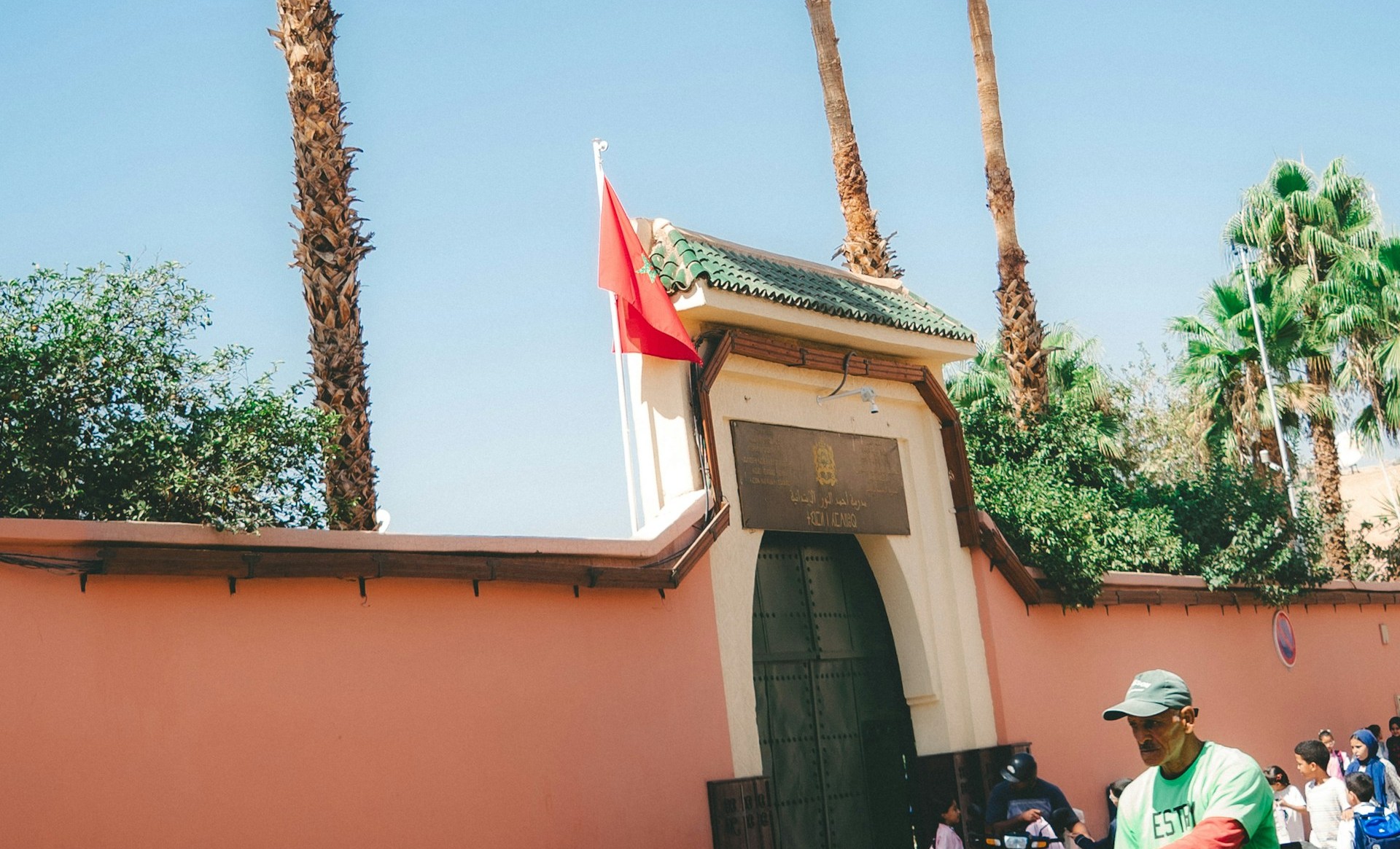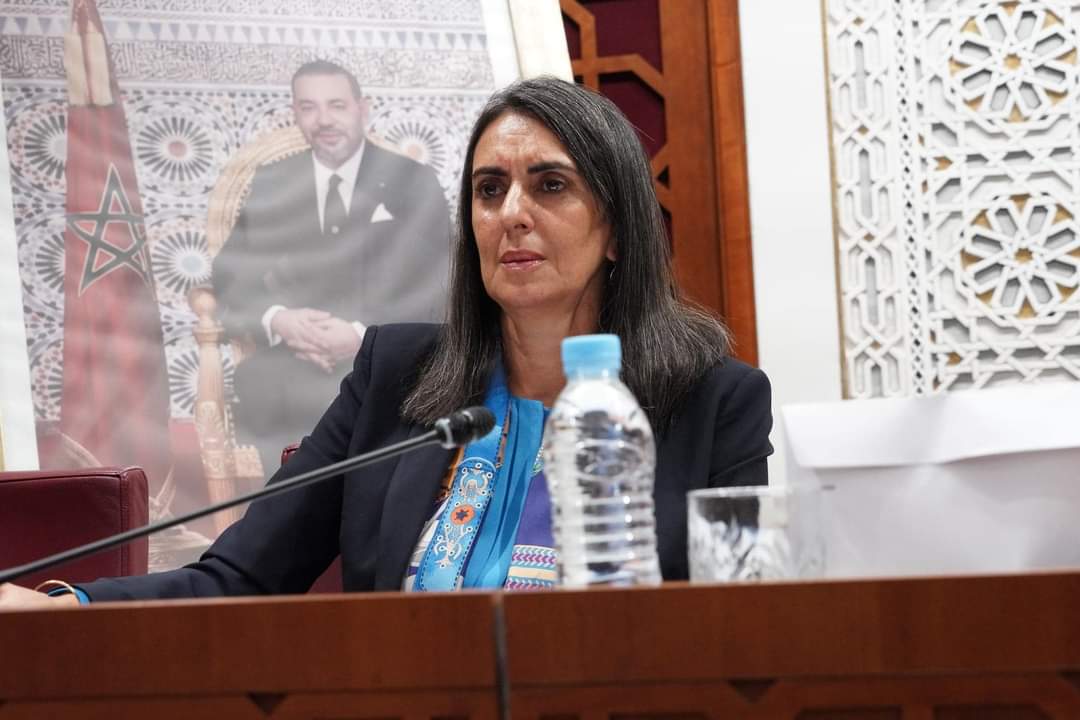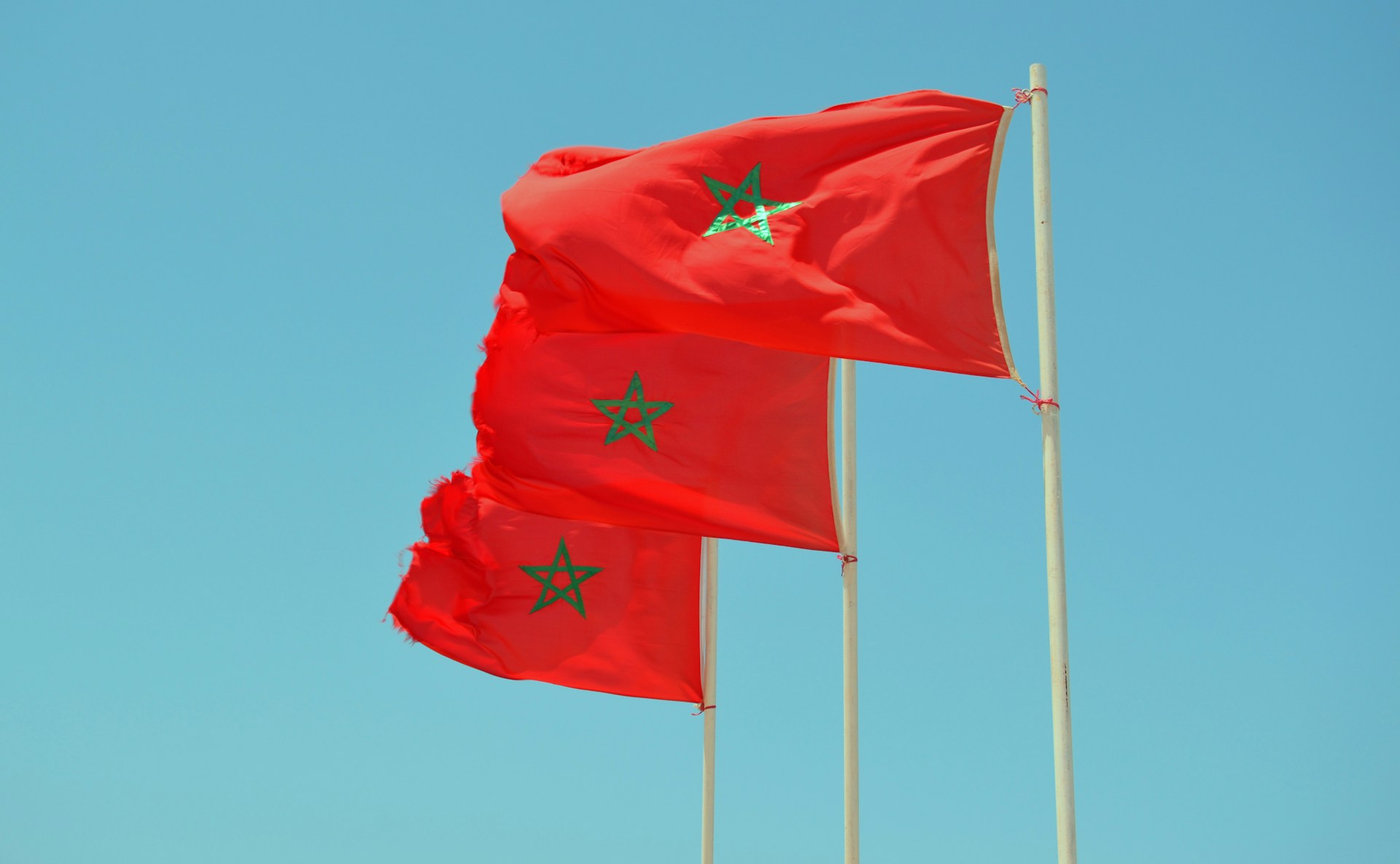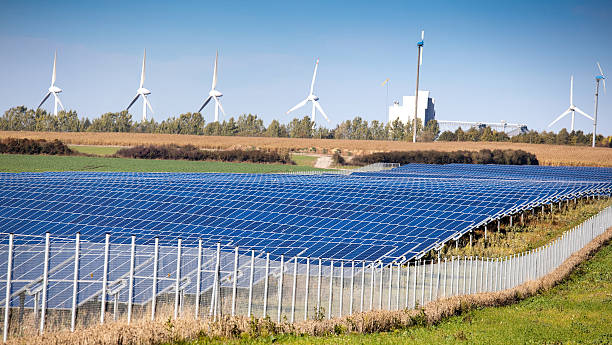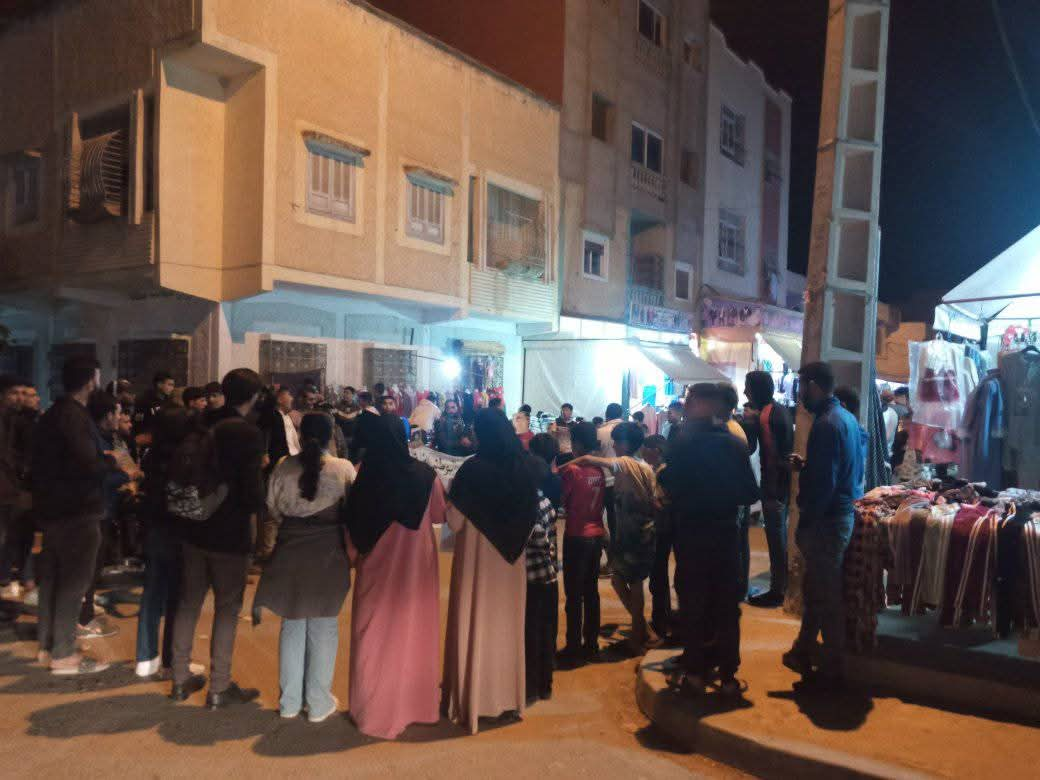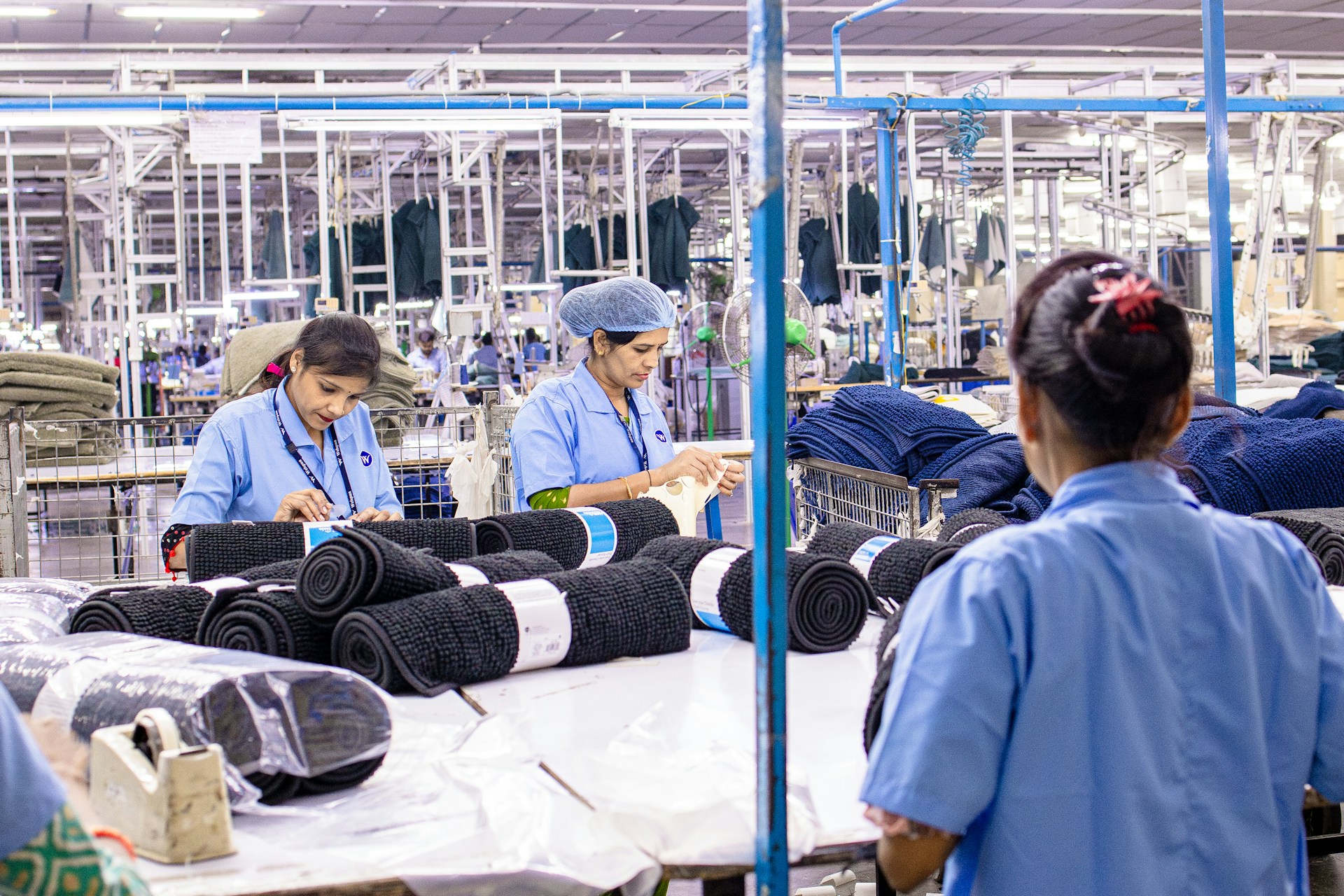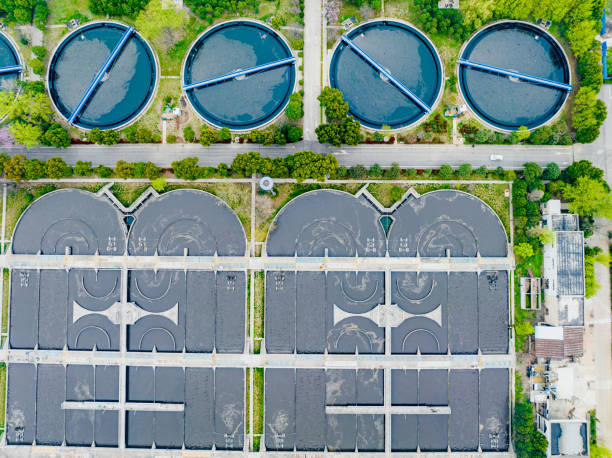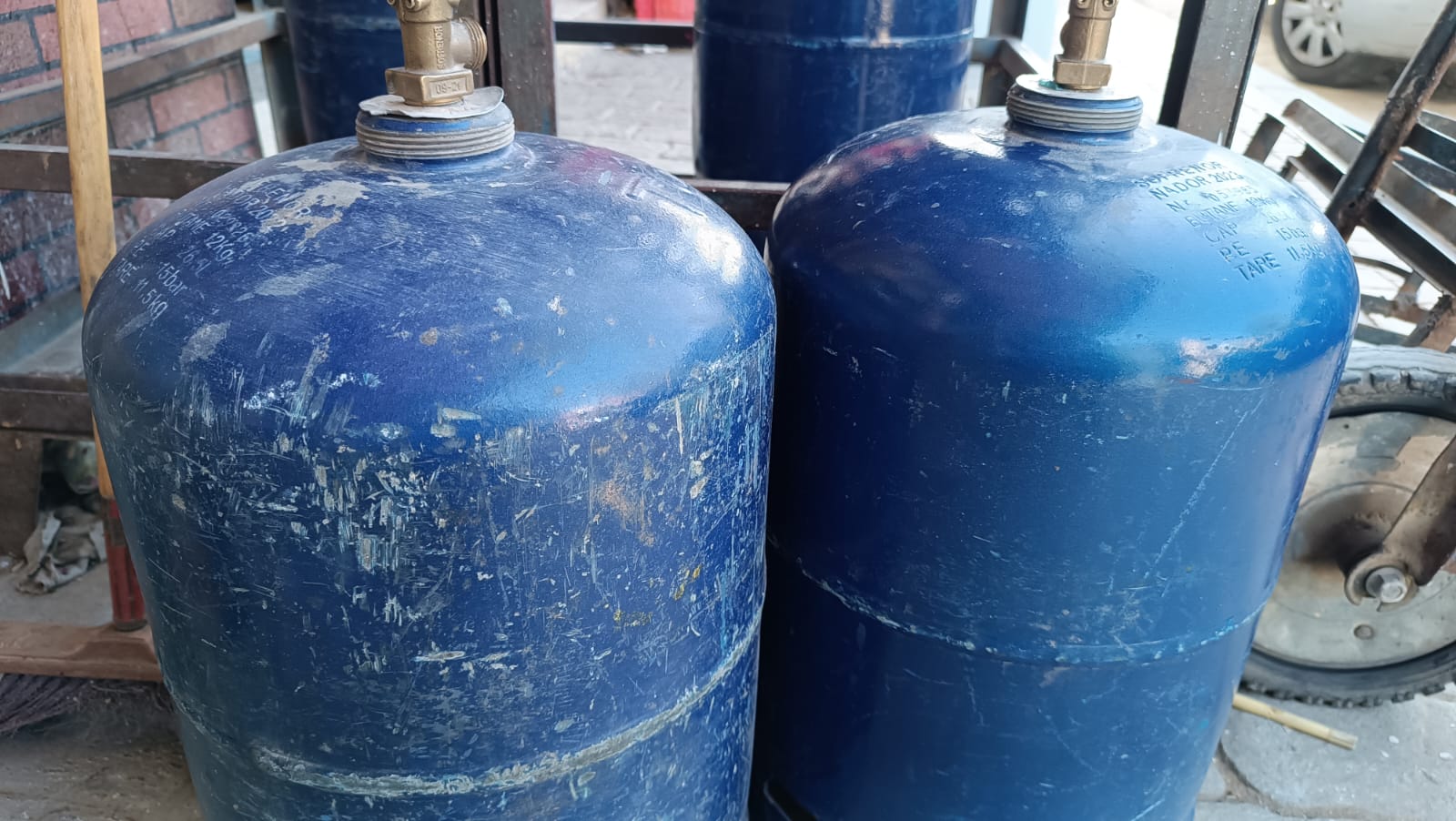Casablanca – Morocco will allocate a record $15 billion to the health and education sectors in its 2026 national budget, marking a 16% increase over the previous year’s spending. The announcement followed a ministerial council chaired by King Mohammed VI at the Royal Palace in Rabat, underscoring a major policy shift toward human development and social inclusion.
According to official projections, these allocations will represent nearly 10% of Morocco’s GDP, a substantial rise reflecting growing public demand for quality social services. The move comes after weeks of nationwide demonstrations led by the youth movement “Gen Z 212,” calling for better healthcare, education, and anti-corruption reforms.
Responding to youth demands
After a brief pause, protests resumed across several Moroccan cities, including Rabat, Casablanca, and Tangier. Young demonstrators criticized what they described as an imbalance in state priorities, pointing to large investments in sports infrastructure ahead of upcoming international events while key social sectors struggled with underfunding.
In response, the Royal Cabinet outlined that the 2026 Finance Bill seeks to address these concerns through a more equitable and development-oriented budget. The plan echoes the King’s call during the parliamentary opening speech on October 10 for accelerating reforms that improve public services, stimulate youth employment, and strengthen local economies.
“The priorities of the stage include promoting education and healthcare, encouraging local initiatives, and ensuring effective public investment,” King Mohammed VI stated during his address.
Four main pillars of the 2026 finance bill
The government’s 2026 budget framework is built on four central priorities aimed at reinforcing economic resilience, social cohesion, and territorial justice.
- Consolidating economic gains and attracting investment
Morocco aims to strengthen its position among emerging economies by stimulating private investment, both domestic and foreign. Authorities plan to accelerate the implementation of the national Investment Charter and advance Morocco’s green hydrogen program.
Special support will be provided to small and medium-sized enterprises, key drivers of national employment, through new technical and financial assistance mechanisms. The government will also continue its efforts to offset the effects of drought on rural jobs and livestock farming, while promoting greater participation of women and youth in the labor market.
- Launching a new generation of regional development programs
The budget emphasizes balanced regional growth, with projects designed in consultation with local stakeholders and focused on vulnerable areas such as mountain regions, oases, and developing rural centers.
A total of $15 billion will be dedicated to health and education, alongside the creation of 27,000 new public sector positions.
In health, Morocco plans to open new university hospitals in Agadir and Laayoune, complete the construction of the Ibn Sina University Hospital in Rabat, and continue building facilities in Béni Mellal, Guelmim, and Errachidia. Additionally, 90 hospitals across the country will undergo modernization and equipment upgrades.
In education, the government will accelerate the national reform roadmap, focusing on expanding preschool education, improving student support, and reducing regional inequalities in schooling quality.
- Strengthening the social state
The budget continues the rollout of the royal initiative for universal social protection, extending direct financial aid to over four million households. Child allowances will increase by the equivalent of $5 to $10 per child for the first three children, and additional support will be provided for orphans and children living in care institutions.
The plan also includes expanding pension coverage, introducing unemployment benefits for more categories of workers, and maintaining the direct housing subsidy program to help families acquire primary homes.
- Deepening structural reforms and preserving fiscal stability
Morocco will move forward with institutional and fiscal reforms, including a revision of the Organic Finance Law to improve governance, results-based budgeting, and accountability. The reform agenda also seeks to enhance coordination between public policies and ensure a fairer geographical distribution of state investments.
The government reaffirmed its commitment to maintaining fiscal stability, keeping the budget deficit around 3.5% of GDP and inflation near 1.1% as of August 2025.
Implementation challenges ahead
Economists describe the 2026 budget as an ambitious and socially responsive plan but warn that its success will depend on efficient implementation. Ensuring that the $15 billion in additional health and education spending translates into real improvements in service quality, infrastructure, and equal access remains a major challenge.
Observers also highlight that the “Gen Z 212” movement has become a symbol of growing civic awareness among Moroccan youth, demanding transparency, accountability, and equity. The government’s response through this budget is seen as both a policy adjustment and a test of institutional responsiveness.
A new chapter in Morocco’s development strategy
By allocating nearly one-tenth of its GDP to health and education, Morocco signals a decisive pivot toward human capital investment as a cornerstone of national growth. The 2026 Finance Bill represents a balance between fiscal prudence and social ambition — aligning economic modernization with the country’s long-term goals of equality and shared prosperity.
For many observers, this year’s budget marks a turning point in Morocco’s public policy, combining royal vision, popular demands, and strategic reforms to create a more inclusive model of development for the years ahead.






